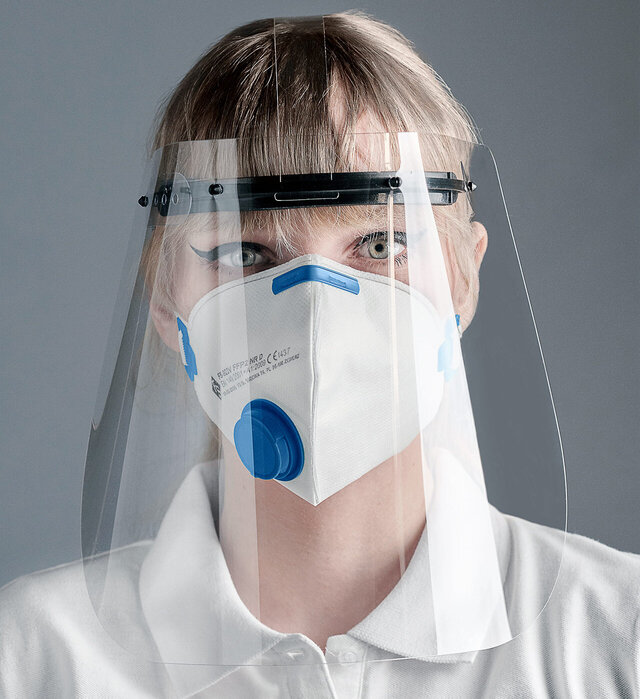Innovative response
The CovidApp platform was developed to help at-home patients and potentially infected citizens to monitor their symptoms and health during the SARS-COV-2 Pandemic. Working with Santo António Hospital, one of the reference hospitals for the Northern region of Portugal, FMUP, the Faculty of Medicine for the city of Porto, MOSANO built an MVP in record time to allow doctors and reference personnel to track patients’ and potential patients’ health symptoms, predict when they need to be hospitalized using validated Machine Learning models, maintain an open communication channel between hospitals and end-users and allow the latter to receive remote diagnosis and alerts in time of need.
This is freeing up needed hospital capacity, relieving and protecting frontline hospital staff from dealing with known and potentially infected patients while still providing the necessary care and optimising for first-responder action in case of patient need.
The platform is designed to grow into a full-scale remote patient care management tool, using machine learning and remote diagnostics to allow hospitals to grow their own patient monitoring capabilities, during the pandemic management stage, as well as after.
Specific issues addressed and anticipated impact
The key underlying need that CovidApp solves in today’s urgent setting is that the lack of a safe and user-focused way for hospitals to remain in contact with medically diagnosed infected and potentially infected SARS-CoV-2 patients to track their symptoms, request treatment and prescribed medicine, and for doctors and frontline works to allocate testing capacity, perform remote diagnosis, be alerted when there are symptomatic changes, receive automated alerts for possible clusters of infection and transmission chains and a communication and information layer to keep both parties engaged with the treatment.
The expected impact since the innovation lies in rapidly scaling self-monitoring, self-reporting in a pandemic situation, linking medical diagnosis with pre-screening and on-the-ground testing, helping to drastically relieve frontline hospital workers managing an exponential curve of patients flooding hospitals with flu-like symptoms, for whom they have no capacity to test or assist in a timely basis. This would be done via permanent bilateral communication between hospital staff and patients, and the integration of Machine Learning algorithms that help doctors identify at-risk stay-at-home patients who are self-reporting symptoms, connect with them remotely and in-person, and dispatch emergency personnel when adequate.
Essentially, the goal is to use both off-the-shelf tracking and sensing, as well as prescription-based medical devices, combine their information with self-reported qualitative symptomology and offer patients and doctors an accurate, shared and updated view of their physical conditions. This will help in situations of urgent care, critical hospital staff overload, like the ones currently being experienced, but also in chronic disease management, at-home recovery from hospital stays and surgical procedures, family and general care, and other prolonged patient conditions.
Organisations/institutions involved
Mosano
Potential issues
● Political & Governance :Both on a national and on a European level, coordination has been a major challenge
and risks to distribution and scaling from the national and international levels can’t be ignored. We’ve seen grassroots adoption from reference hospitals and regional associations driving upper level political backing, and have now connected with the Portuguese Ministry of Health to distribute the solution nationally.
● Privacy & Ethics: Ensuring patients’ data is protected, GDPR compliant, and is always accessible to
patients and their healthcare providers alone, through mutual compliance is of the utmost importance. MOSANO and its affiliates have no access to individualized patient data, but have developed solutions to guarantee patients and healthcare practitioners can do so in a fully compliant manner, and require their transfer or removal through the appropriate and required channels, even in a situation of public interest.
- National/Federal government
- Regional/State government
- Local government
Issues being addressed:
- Patient care
- Resource management and mobilisation
- Real-time data collection, sharing, and analysis
- Crowdsourcing solutions
- Monitoring
Response contact:
Response tags:
Digital TransformationFiles:
Date Submitted:
23 April 2020

